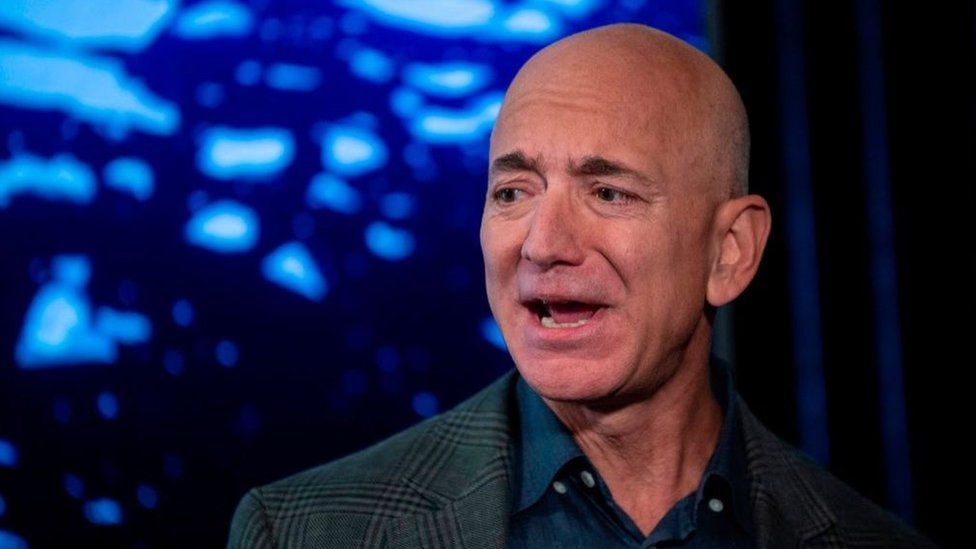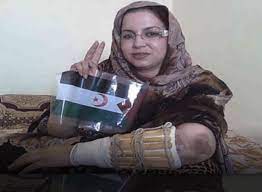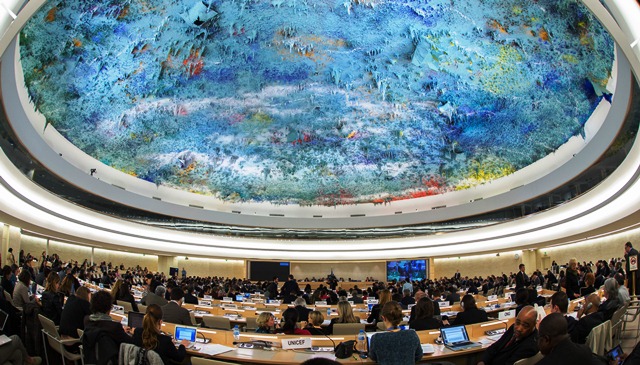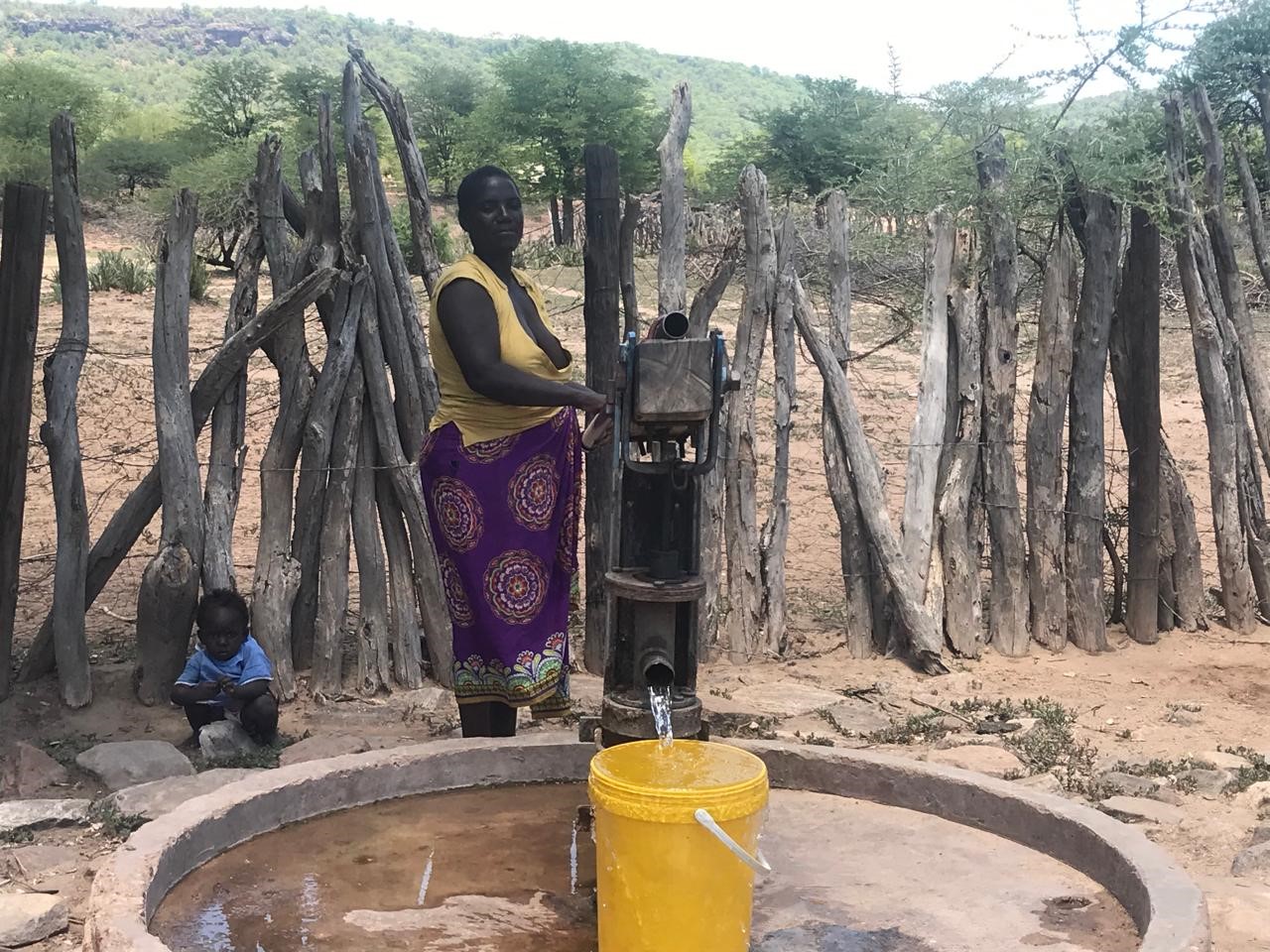
Hwange District resident draws water from a wildlife-revenue-supported borehole as her child looks on
By Emmanuel Koro
Johannesburg, 11 December 2024
Without any other sources of water, when you quench your thirst at one of the community boreholes funded by international hunting revenue in Hwange District, you will join the local communities in their endless appreciation for the benefits that international hunting brings.

The heat of Hwange District is punishing and relentless, but the local communities overlook this natural challenge.
They are eternally grateful for the abundant wildlife that attracts international hunters from around the world, whose hunting income provides significant socio-economic development and conservation opportunities.
Hwange National Park is home to the second-largest elephant population in a single national park (about 45 000), following Botswana’s Chobe National Park (about 50 000).
The elephants roam in and out of Hwange National Park into hunting communities such as Lukosi and other surrounding villages.
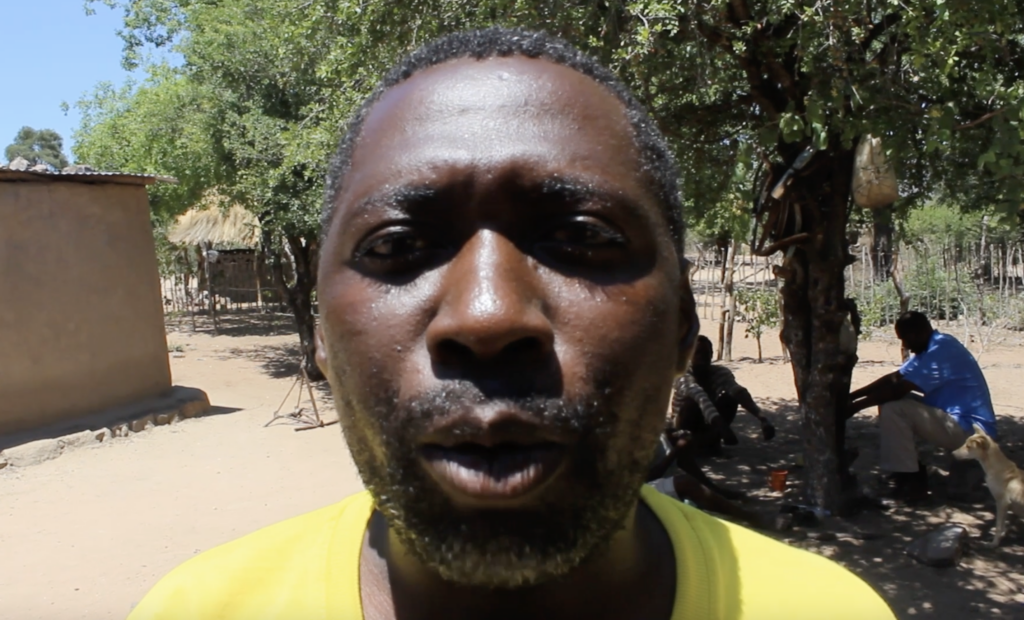
The local Hwange District hunting communities have a unique connection to rich and diverse wildlife, including lions, buffaloes, leopards, and elephants.
The revenue generated from international hunting is used to employ community game scouts, helping to prevent wildlife poaching while simultaneously creating jobs for local men and women.
While elephants are frequent and visible visitors to neighbouring villages like Lukosi in search of food and water, their increasing numbers have created challenges.
The elephant-overpopulated Hwange National Park no longer has enough food and water for these iconic animals.
When elephants encounter villagers face-to-face, the situation mostly becomes very violent, leading to human injuries and even fatalities.
Thirsty and hungry, the roaming and trumpeting elephants often cause damage, destroying crops, homes, and water storage tanks.
Despite these challenges, villagers in Hwange District express enduring appreciation for elephants and other potentially dangerous animals, such as buffaloes and lions.
As one villager put it, they value these animals “as long as they continue bringing international hunting benefits which we appreciate endlessly.”
“This wildlife, especially elephant hunting, helps us maintain the community socio-economically,” said Londozi Shoko of Lukosi Village in a recent interview.
“The revenue from elephants and other wildlife hunting enables us to build schools and clinics, thereby supporting the welfare of our people.”
Costantino Dube, another resident of Lukosi Village, shared the same views.
“International hunting revenue benefits everyone in the hunting communities of Zimbabwe, especially in the southern part, including Hwange District villages like Lukosi,” he said.
He said that international hunting generates income for essential community projects, such as building roads, bridges, and clinics, as well as purchasing medicine.
“International hunting revenue can also support crop production by funding irrigation technology,” said Dube.
“But we see no future without the benefits of international hunting.
“Zero wildlife benefits will lead villagers to poach, especially the troublesome elephants, as they become an absolute nuisance if we no longer benefit from them.”
Dube also urged those advocating for a ban on international hunting to consider taking Hwange’s elephants to their own countries.
“We will not find value in elephants if international hunting is banned,” he said.
He noted that it is unreasonable for the Hwange District communities to bear the costs of coexisting with wildlife—especially destructive elephants—without receiving any benefits from them.
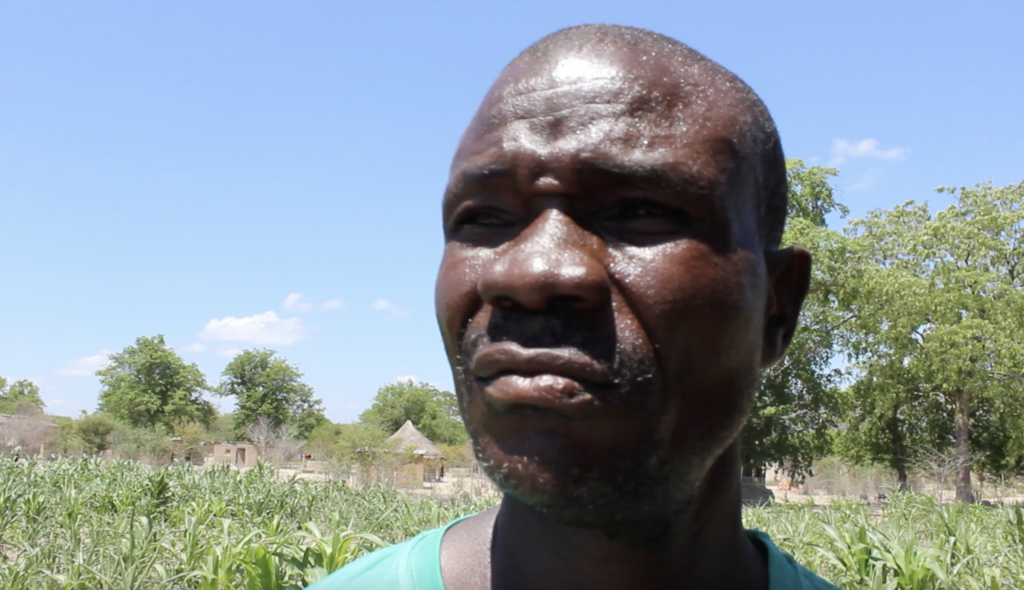
“We have plenty of elephants to support our development,” he said directly to those opposing international hunting.
“Come visit Hwange National Park and observe the number of elephants we have in this area, we have a lot of them,” said Dube.
“It’s unfair for Western countries to dictate how we manage our wildlife, yet we haven’t even told them how to use their oil which damages the environment.”
About the Writer: Emmanuel Koro is a Johannesburg-based international award-winning environmental journalist, who writes independently on environmental and developmental issues.






